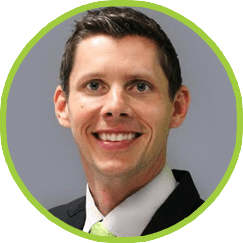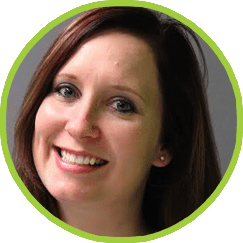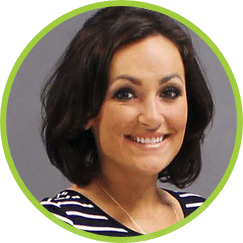As of January 2016, more than 15.5 million Americans were cancer survivors. The World Cancer Research Fund estimates that 20% of U.S. cancers are the cause of poor lifestyle choices. These choices led to excess weight, sedentary lifestyle, alcohol over-consumption, and poor eating habits. In other words, many cancers are preventable. In our quest for survival after diagnosis, a multi-billion dollar pharmaceutical industry is thriving with drugs that end up destroying the very body we are trying to save.
We trust that the Western diet will feed us yet also be friendly to our wallet. Food that is convenient, fast, and easy is our expectation today. There is a false belief that if the food is available for purchase it must be okay to eat. Doesn’t our government protect us from things that can harm us?
The reality is that cancer a disease where abnormal cells develop and grow out of control. If left unchecked, it results in death. Chemotherapy, surgery and radiation are the three primary means to destroy cancer. All three have debilitating side effects associated with them. But what more can a person do to either prevent it from happening in the first place, or make sure it never returns? Turns out that there are certain foods that can actually help us do just that.
In 2007, a book was published titled, “Anticancer: A New Way of Life” by Dr. David Servan-Schreiber, a two time brain cancer survivor. After his second diagnosis he began his quest to determine how foods can help our body fight cancer. As not only a doctor but a researcher as well, he used science to uncover the truth. A truth that explains why the traditional American diet aids in creating the ideal conditions for disease. How and why stress and sugar fuel cancer. Plus the foods that reduce the risk of developing certain cancers. For example, leafy greens reduce the risk of pancreatic cancer by 75% or green tea reduces the risk of colorectal by 57%. Additionally, the book explains how certain foods affect the body and why we either want to eat them or not.
No one wants to hear the words “you have cancer.” But whether you have or haven’t there are steps you can take to protect yourself and your family with not only the food choices you make but how you life your life each day. Nutrition plays a much larger role in our lives than we think.










 3187 Western Row Road Suite 114
3187 Western Row Road Suite 114 Office:
Office:  Email:
Email: